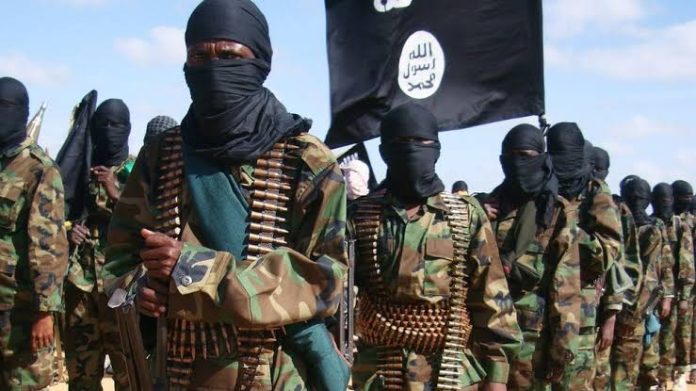Facebook Twitter (X) Instagram
The involvement of a former foreign minister and ex-presidential security adviser in supporting Al-Shabaab carries significant legal consequences under both Somali and international law.
Somali Constitution in the matter of supporting Al-shabaab
The Somali Constitution emphasizes national sovereignty and security, with specific provisions against actions that threaten the state. Articles 1, 18, 21, and 24 collectively mandate the government to protect the nation from internal and external threats. Supporting Al-Shabaab violates these constitutional mandates by undermining national security and the right to life.
Somali Penal Code in the matter of supporting Al-shabaab
The Somali Penal Code imposes severe penalties for compromising state security. Articles 184, 185, and 201 address terrorism, high treason, and corruption, prescribing harsh punishments for aiding terrorist organizations. These laws ensure that former officials supporting Al-Shabaab are held accountable for betraying public trust.
Broader Somali Legal Framework on supporting Al-Shabaab
Law No. 6 of 2015 provides a comprehensive approach to combating terrorism, reinforcing the need for prosecution of those involved in supporting terrorist activities. Security sector reforms also emphasize accountability and integrity among public officials.
International Laws and Norms on support for terrorist acts
Internationally, United Nations Security Council Resolutions 1373 and 1844 mandate states to prevent support for terrorist acts and impose sanctions on those who threaten peace and security. The Geneva Conventions and the Rome Statute of the International Criminal Court (ICC) further prohibit acts of terrorism and establish individual criminal responsibility for aiding such crimes.
Conclusion
The combined force of Somali and international legal frameworks ensures that former officials supporting Al-Shabaab face severe legal consequences. National security agencies, the justice system, and the police must gather evidence and take appropriate actions to uphold the rule of law and maintain national integrity. Holding these ex-officials accountable is crucial for deterring future misconduct and promoting global security.

